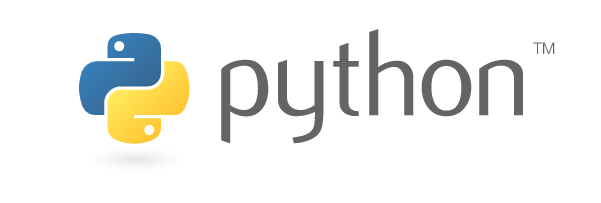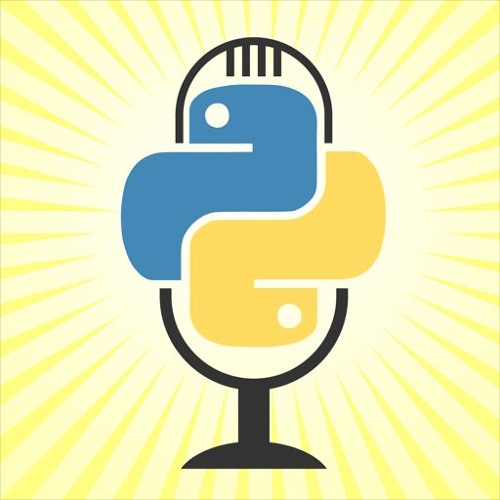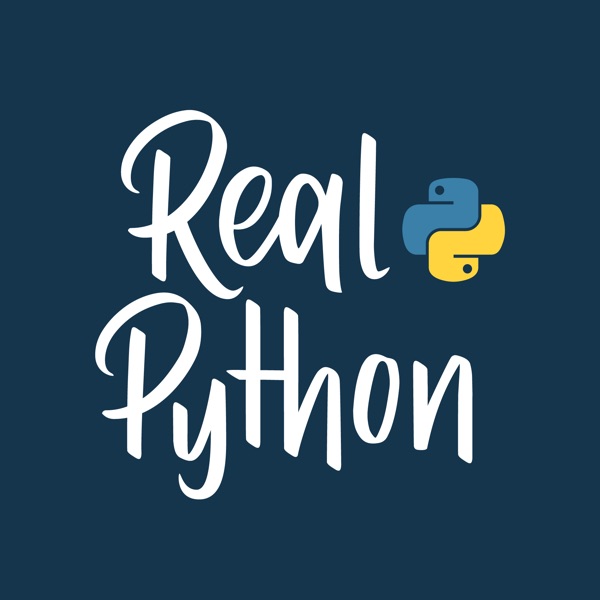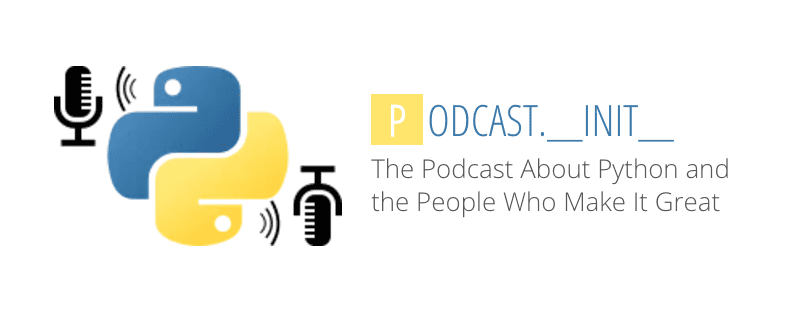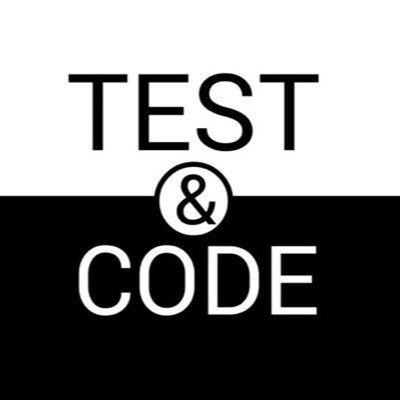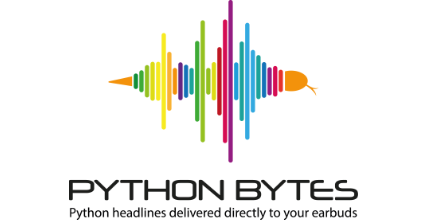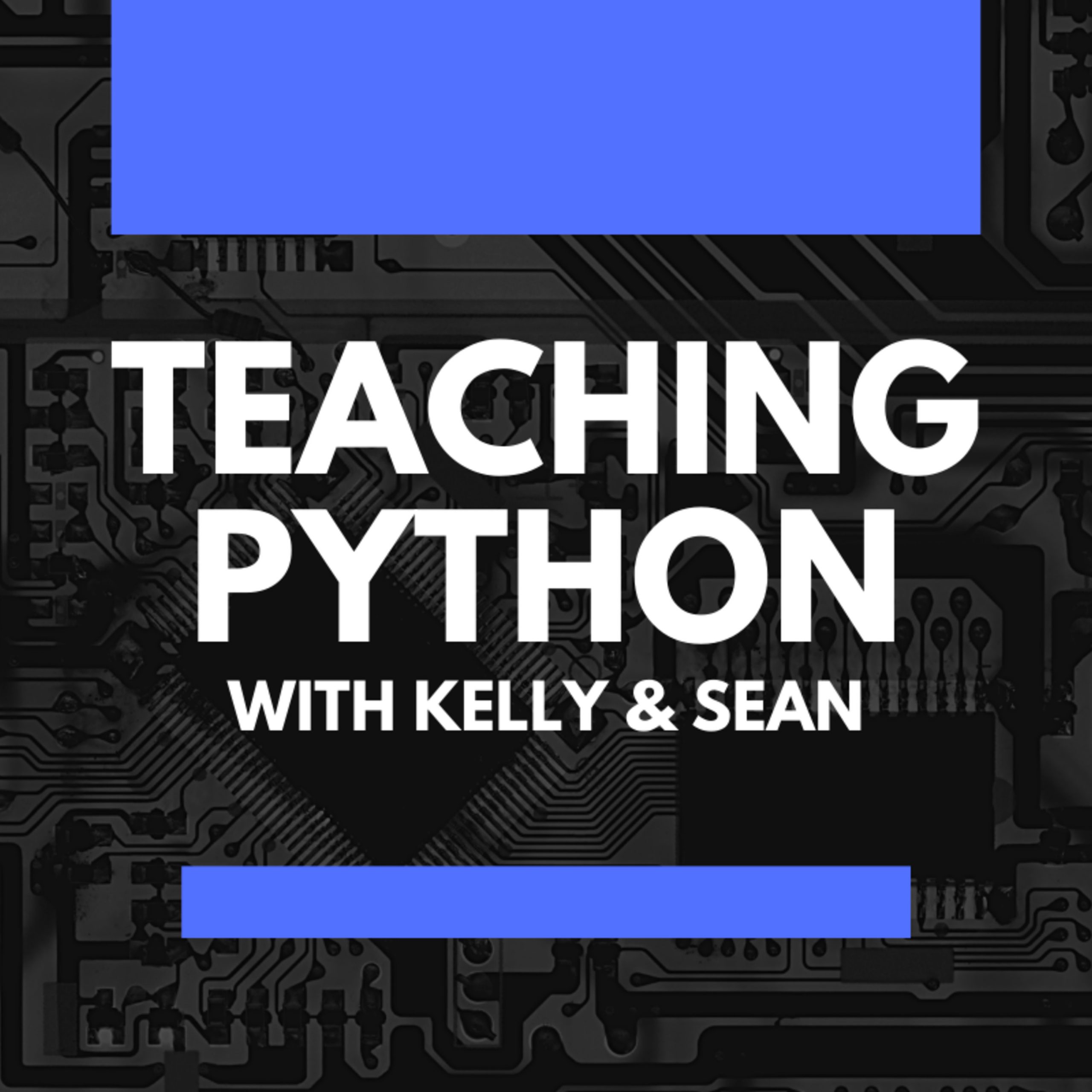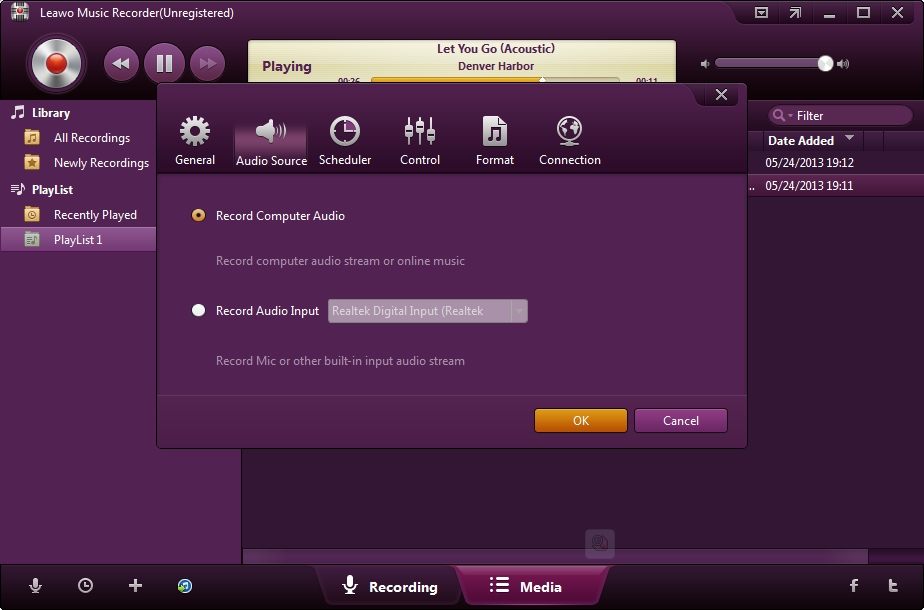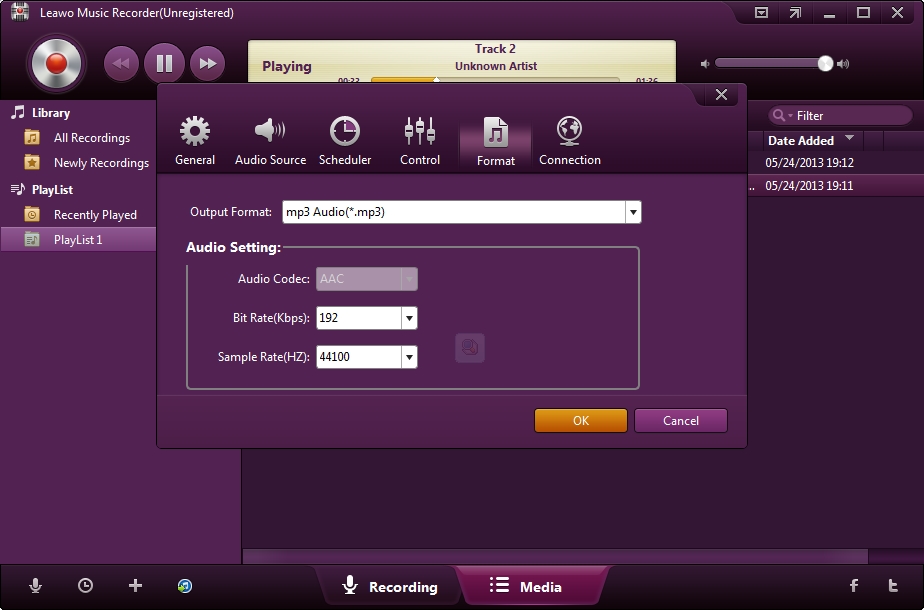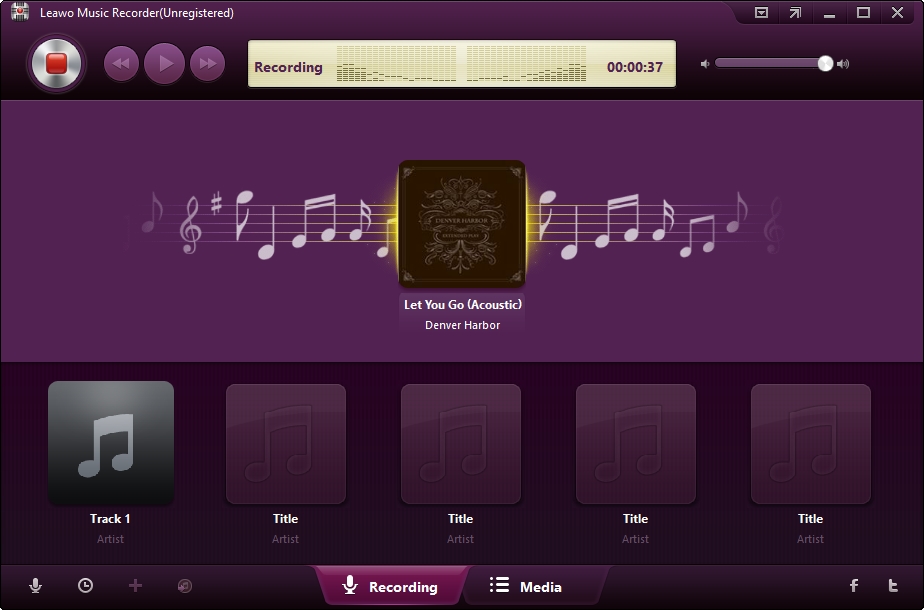Last updated on 2020-06-12, by
6 Best Podcasts to Learn Python
There are many programming languages on the market that you can use, and in this guide, we will mainly focus on Python. We will discuss some of the uses of Python, then we will recommend some podcasts that you can use if you want to learn or improve your Python skills. We will also show you how to download Python podcast beginner, so that you can conveniently listen to them on any of your devices.
Part 1: What is the main use of Python
Python is a general-purpose and high-level programming language, and it is one of the top ten programming languages in 2020. Google, YouTube, Instagram, Reddit, and Spotify have one thing in common, which is their use of Python as a programming language. In fact, Python is everywhere such that it is so easy to realize how widespread it is. It can be used to develop desktop GUI applications, websites, and web applications. As a high-level programming language, it also allows users to focus on the core functionality of the application, by taking care of common programming tasks. It has syntax rules that are simple, which make it easier for anyone who develops an application to maintain it as well as to keep the code readable. These are some of the uses of Python:
Today, most businesses have websites and those that have non can easily be considered non-existent. For that reason, Python is considered one of the top tools for web development for several reasons. Python has a large section of pre-built libraries for just about anything, Python code takes less time to write because of simpler and cleaner syntax, and Python has built-in frameworks for unit tests.
The Internet of Things (IoT) has been trending over the years, and you can understand it based on your perspective. IoT plays a role in projects involving big data, data analytics, cyber-physical things, machine learning and wireless sensor networks. Therefore, your choice for a programming language should be strong and we think Python fits the criteria for several reasons. Python is portable and expandable, it is popular and that is a big deal, it has a close relationship to scientific computing, it offers tools that streamline the IoT development process, and Python works great for analyzing big and complex data.
Machine Learning has limitless possibilities, and it has been steadily rising in popularity. It is amazing that computers can actively learn instead of operating in strict accordance with codified rules, and it offers a whole new approach to problem-solving. Right at the forefront of Machine Learning is Python. This is because Python’s syntax is efficient and precise, it has a low entry point, and it integrates well with other programming languages.
Building a startup is a substantial undertaking as they require different techniques than established companies. Python is great for startups in the sense that it is intuitive, reliable, scalable, ubiquitous and cutting edge.
Part 2: 6 best podcasts for Python learner
Podcasts are a great way of staying up-to-date with anything you care about, because in some cases they are much more convenient than watching videos or reading through some reading material. For this reason, we also think that they are a propitious way of staying informed about the latest advancements, currents and attitudes of anything revolving around Python. We will present six podcasts that we think are the best, especially for people who are still learning about Python. Here is the list:
1. Talk Python To Me. It is a weekly Python Podcast hosted by Micheal Kennedy. If you are using Python in the field of Data Science or Machine Learning, this podcast is one of the most useful you can listen to. This podcast introduces frameworks and personalities that are very important within the Python community.
2. The Real Python Podcast. This is a weekly Python podcast hosted by Christopher Bailey with interviews, coding tips, and conversations with guests from the Python community. The show covers a wide range of topics including Python programming best practices, career tips, and related software development topics. If you want become a more effective Pythonista, then this podcast could be for you.
3. Podcast._init_. A podcast by Tobias Macey, which is a weekly podcast about Python and the people who make it great. This is a great and highly informative Python podcast, with consistently interesting guests who give away the best resources and present thoughtful content. The show is the best for giving developer insight and is a great podcast about what is happening in the Python community.
4. Test & Code. It is hosted by Brian Okken, and it is a regularly updated Python podcast focused not just on testing but programming education, the Python community, and more. The conversational tone of the show makes it enjoyable to listen to and the hosts keep things interesting and varied week by week with the latest Python news.
5. Python Bytes. Python Bytes is a weekly podcast hosted by Michael Kennedy and Brian Okken. Python Bytes podcast delivers headlines directly to your speakers and earbuds. If you want to stay up on the Python developer news, but do not have time to scour through Reddit, Twitter, and other news sources, just subscribe to this podcast and you will get the best picks delivered weekly.
6.Teaching Python. This podcast is hosted by two teachers from South Florida, who teach Python to middle school students. One of the teachers has taught coding for a long time and just recently started coding in Python. The other one is making a website about Python. Their ultimate goal is to help teachers with the art and science of teaching Python, so that more students can learn how to code.
Part 3: How to download Python podcasts with ease
Learning to code can be an immense task, especially for beginners. It requires dedication, and help from reading video and audio matter is always welcome. For this reason, listening to Python podcasts can take you a long way, if you want to be a better Python coder. You can easily listen to podcasts from the leading podcast publishers like Apple Podcasts, Spotify, TIDAL, etc., but an important thing you should know is they are almost always protected by DRM, which means you cannot play them on non-authorized devices.
The good news is there is a workaround if you wish to play on non-authorized devices, and that is through advanced audio recording. Our solution to advanced audio recording is Music Recorder, which can professionally record audio from a wide range of video and audio sources (More than 500 online sources are supported). Leawo Music Recorder has an ability to predict music tags when you are recording music, and the information is gathered from an online music database for better results.
This software comes built with a task scheduler, which enables automation. For example, you can set it to record a specific segment of your Python podcasts, without requiring you click any buttons. It also allows you to set time gaps between music recordings, which is very useful when you are recording music, as it could automatically split or filter your recordings. You can learn more about Leawo Music Recorder by visiting the product page. If you want to use Leawo Music Recorder to save Python podcasts, download it then follow the steps below to see how you can do it.
Step 1: Set the Audio Source
After you open the software on your computer and then click the microphone icon on the main interface. When the panel pops-up, proceed to click the“Audio Source” menu, then choose the “Record Computer Audio” option. This is necessary to ensure the recording capability for your Python podcasts.
Step 2: Set the output format
Click on the “Format” menu in the panel to choose “Output Format: MP3 Audio (*.mp3)” or WAV Audio (*.wav). WAV audio files will preserve the original quality, while MP3 audio files are compressed. It is also possible to adjust the bit rate and sample rate of your recordings in this panel.
Step 3: Set the output folder
Click “General” and then click the folder icon to choose a folder to save your recordings from Leawo Music Recorder.
Step 4: Start recording your Python podcasts
Navigate to the main interface of the software and then click on the red recording button to begin recording. Click on the recording button again if you have finished recording. Under “Media> Library> Newly Recordings” you can enter the “Music Tags Edit” panel to adjust the info of the recordings.




 Try for Free
Try for Free Try for Free
Try for Free

